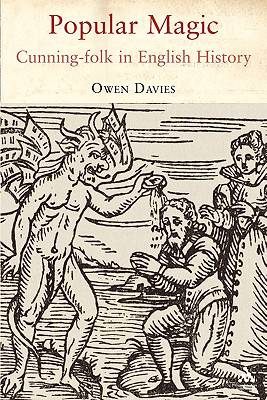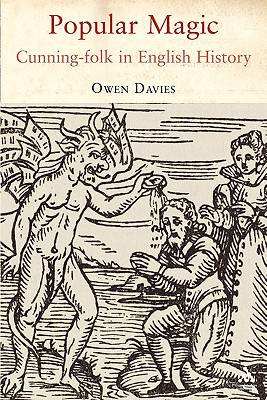
- Afhalen na 1 uur in een winkel met voorraad
- Gratis thuislevering in België vanaf € 30
- Ruim aanbod met 7 miljoen producten
- Afhalen na 1 uur in een winkel met voorraad
- Gratis thuislevering in België vanaf € 30
- Ruim aanbod met 7 miljoen producten
Omschrijving
Cunning-folk were local practitioners of magic, providing small-scale but valued service to the community. They were far more representative of magical practice than the arcane delvings of astrologers and necromancers. Mostly unsensational in their approach, cunning-folk helped people with everyday problems: how to find lost objects; how to escape from bad luck or a suspected spell; and how to attract a lover or keep the love of a husband or wife.
While cunning-folk sometimes fell foul of the authorities, both church and state often turned a blind eye to their existence and practices, distinguishing what they did from the rare and sensational cases of malvolent witchcraft. In a world of uncertainty, before insurance and modern science, cunning-folk played an important role that has previously been ignored.
Specificaties
Betrokkenen
- Auteur(s):
- Uitgeverij:
Inhoud
- Aantal bladzijden:
- 264
- Taal:
- Engels
Eigenschappen
- Productcode (EAN):
- 9781847250360
- Verschijningsdatum:
- 1/08/2007
- Uitvoering:
- Paperback
- Formaat:
- Trade paperback (VS)
- Afmetingen:
- 160 mm x 233 mm
- Gewicht:
- 421 g

Alleen bij Standaard Boekhandel
Beoordelingen
We publiceren alleen reviews die voldoen aan de voorwaarden voor reviews. Bekijk onze voorwaarden voor reviews.







